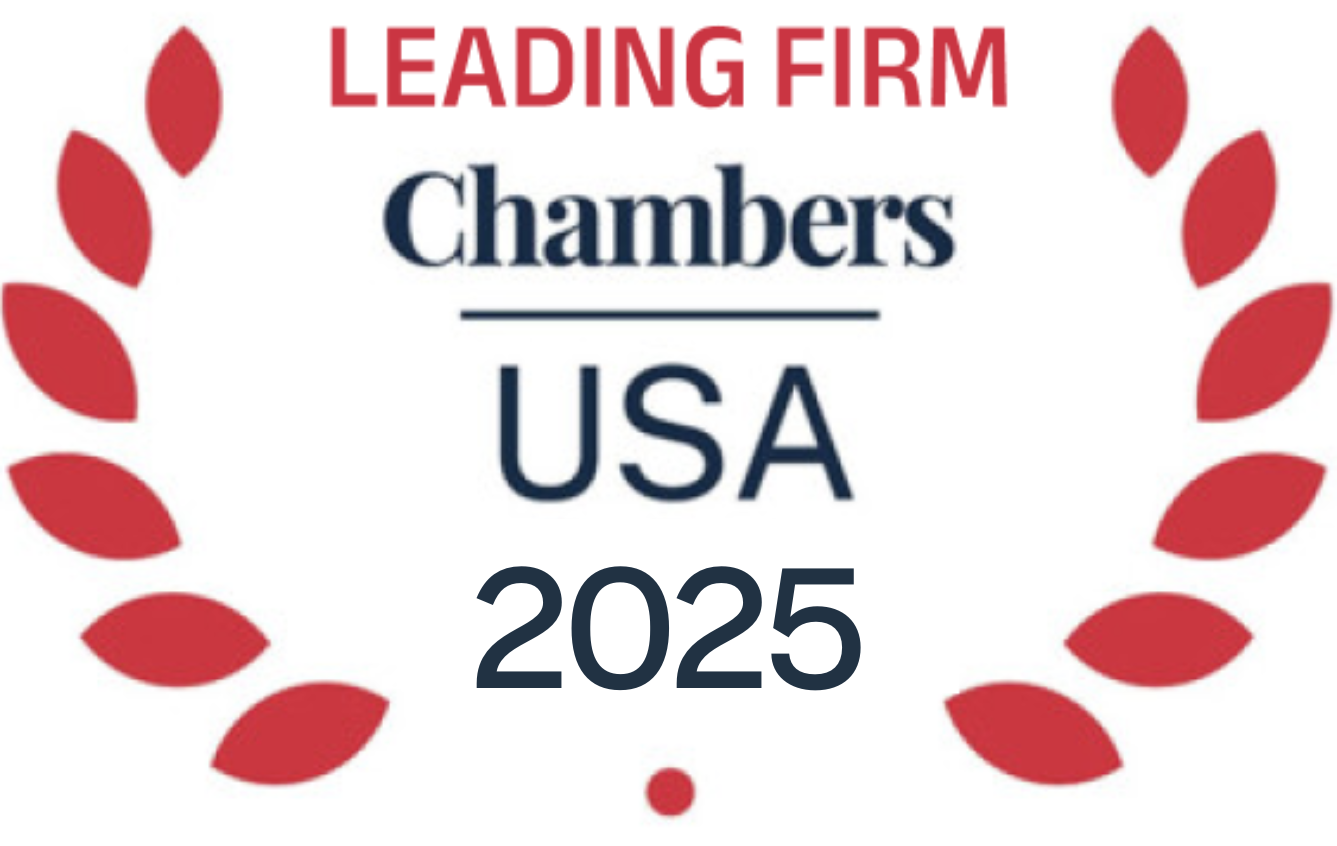
The Supreme Court Decides to Hear Security Screening Fair Labor Standards Act Employment Lawsuit
March 27, 2014
On March 3, 2014, the United States Supreme Court granted the cert petition filed in Busk v. Integrity Staffing Solutions, a case that concerns whether the time workers spend in security screenings is compensable under the Fair Labor Standards Act (“FLSA”) and the Portal-to-Portal Act. The Supreme Court’s decision is likely to have widespread implications in employment law, as the high court will likely give guidance on the key “integral and indispensable” standard used by courts to determine what is considered work. The Portal-To-Portal Act of 1947 amended the FLSA to make it clear that “preliminary” and “postliminary” activities are not covered, but in recent years the Supreme Court has ruled that pre- and postliminary activities were covered if they were “intergral and indispensiable” to a worker’s main activities.
Busk v. Integrity Staffing Solutions and Compensable Time under Fair Labor Standards Act
The plaintiffs in Busk were former warehouse employees of Integrity Staffing Solutions, Inc., a company that provides warehouse space and staffing to clients to such as Amazon.com. The lawsuit alleged that Integrity Staffing violated the FLSA and Nevada labor laws by failing to pay employees for the time they spent passing through required security checkpoints at the end of each shift. According to the complaint, employees waited up to twenty-five minutes to be searched and had to remove their wallets, keys and belts to pass through metal detectors. The employee security checkpoints were mandated by the employer to allegedly prevent employee theft.
The plaintiffs also sought compensation under FLSA and Nevada law for their entire 30-minute unpaid lunch periods because they spent up to 10 minutes of the meal period “walking to and from the cafeteria and/or undergoing security clearances.” Additionally, the complaint alleged that managers would frequently remind workers to “finish their meal period quickly so that they would clock back in on time.”
The district court in Busk granted Integrity’s motion to dismiss for failure to state a claim under Federal Rule of Civil Procedures 12(b)(6). The court held that the time spent clearing security was not compensable under FLSA, relying on cases finding that the time employees spent passing through security screenings was not compensable. The court also held that the plaintiffs’ allegations regarding the shortened meal periods failed because they did not allege that they performed “any duty related to their job as warehouse workers” during their lunch breaks. The plaintiffs subsequently appealed the district court’s decision.
 On April 12, 2013, the Ninth Circuit reversed the district court’s order dismissing the claims in Busk. The Ninth Circuit held that the time workers spend passing through company security checks after their shift may be compensable. According to the Ninth Circuit, the warehouse workers stated an unpaid wages claim under the FLSA and sufficiently alleged that the security pass-through at the end of the employees’ shift was a “postliminary” activity that was “integral and indispensable” to their principal activities. The Ninth Circuit court distinguished the out-of-circuit decisions relied on by the district court. Those decisions from the Second and Eleventh circuits, Gorman v. Consolidated Edison Corp. and Bonilla v. Baker Concrete Construction, were distinguishable because the security measures in those cases were not only for workers but applied to everyone entering the worksite, or were mandated by third-parties or government agencies – but not by the employer. The court upheld the district court’s conclusion that employees did not have to be paid for time spent going through security on the way to lunch, but suggested that if the lunch time was shortened to the point that employees could not enjoy their full lunch break, then employees might be entitled to compensation for the entire period allowed.
On April 12, 2013, the Ninth Circuit reversed the district court’s order dismissing the claims in Busk. The Ninth Circuit held that the time workers spend passing through company security checks after their shift may be compensable. According to the Ninth Circuit, the warehouse workers stated an unpaid wages claim under the FLSA and sufficiently alleged that the security pass-through at the end of the employees’ shift was a “postliminary” activity that was “integral and indispensable” to their principal activities. The Ninth Circuit court distinguished the out-of-circuit decisions relied on by the district court. Those decisions from the Second and Eleventh circuits, Gorman v. Consolidated Edison Corp. and Bonilla v. Baker Concrete Construction, were distinguishable because the security measures in those cases were not only for workers but applied to everyone entering the worksite, or were mandated by third-parties or government agencies – but not by the employer. The court upheld the district court’s conclusion that employees did not have to be paid for time spent going through security on the way to lunch, but suggested that if the lunch time was shortened to the point that employees could not enjoy their full lunch break, then employees might be entitled to compensation for the entire period allowed.
According to Bloomberg Businessweek, corporate groups, including the U.S. Chamber of commerce urged the Supreme Court to review the Ninth Circuit decision in Busk, stating that issue had widespread significance. Similar claims to those alleged in Busk have been brought against Amazon, CVS Pharmacy, and Apple.
The Supreme Court’s decision in Busk will potentially resolve the seeming split between the circuits regarding whether the time spent going through security is compensable time under the FLSA.
Increased Awareness of Employment Issues
The Supreme Court’s decision to take up Busk comes at a time of increased awareness surrounding employment and labor issues. President Obama is currently urging Congress to increase the minimum wage by nearly 40 percent to $10.10 an hour. Last month, through an executive order President Obama raised the minimum wage for federal workers on new contracts to $10.10, effective 2015. Meanwhile, twenty-two states and the District of Columbia have moved to raise their minimum wage above the federally mandated level, ranging from $7.40 to $9.32 an hour. California was the first state in the nation to commit to raising the minimum wage to $10 per hour, set to take place gradually through the start of 2016.
In a recent article published in The Atlantic, reporter Joseph Williams recounts his experience as a retail worker after losing a reporting job at Politico. The article entitled “My Life as a Retail Worker: Nasty, Brutish and Poor” describes Williams’ struggles with the same challenges millions of Americans face daily in retail jobs. In the article, Williams recounts how his job required him to undertake numerous post-shift activities like mopping bathroom floors and scrubbing toilets without overtime pay and routinely submitting to security screenings from managers. According to Williams, his employer paid him just a few dollars over minimum wage, which disqualified him from overtime and paid sick days. Even with $10 an hour, Williams says his coworkers and he could barely make ends meet on the retail salary alone.
Given the high stakes, employers and employees alike eagerly await the Supreme Court’s next term and decision in Busk. If the Supreme Court affirms the Ninth Circuit’s opinion it would be a significant break for employees, such as the Amazon warehouse workers who brought the suit, and retail workers like Williams, who are required to spend significant periods of time completing pre- and post-shift activities for their employers without pay.






